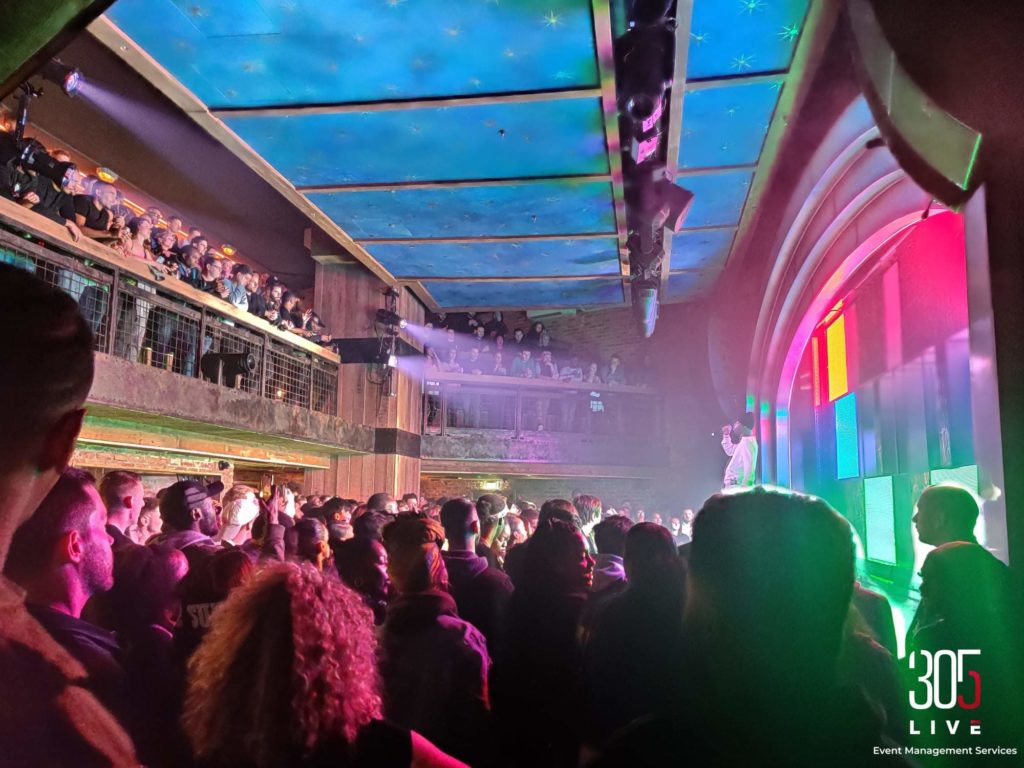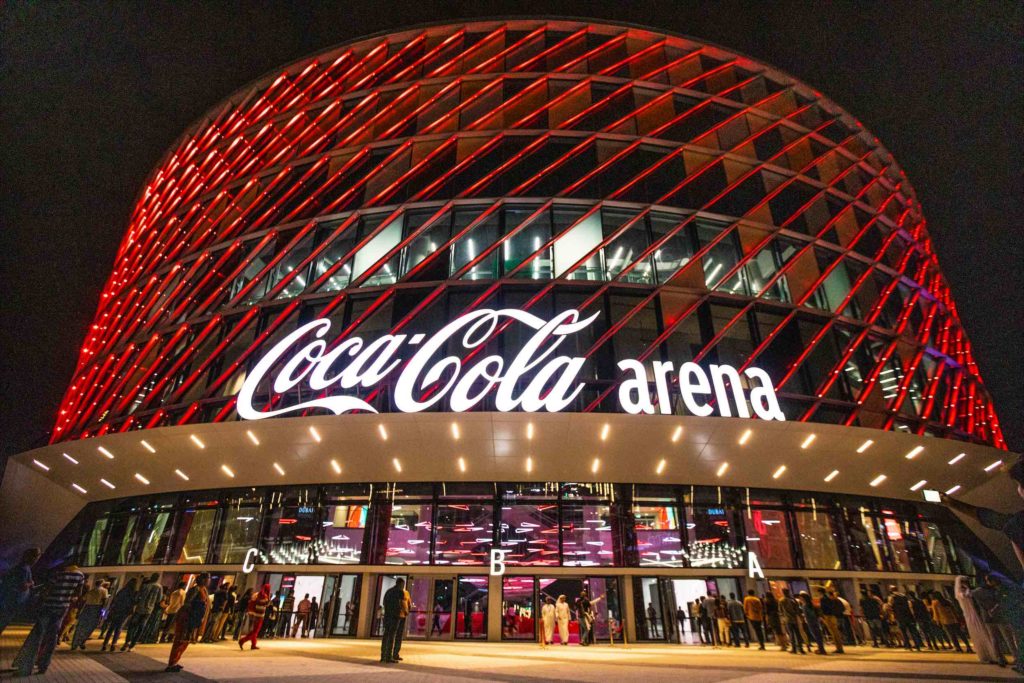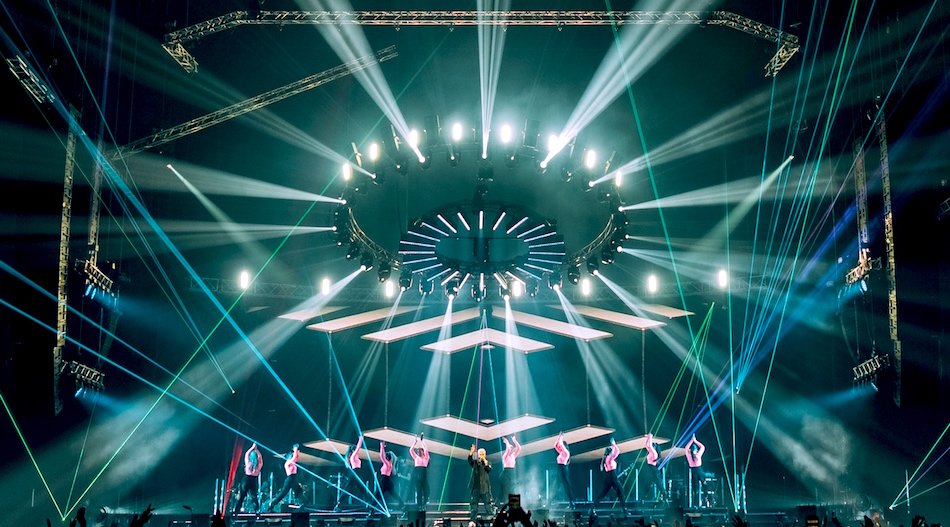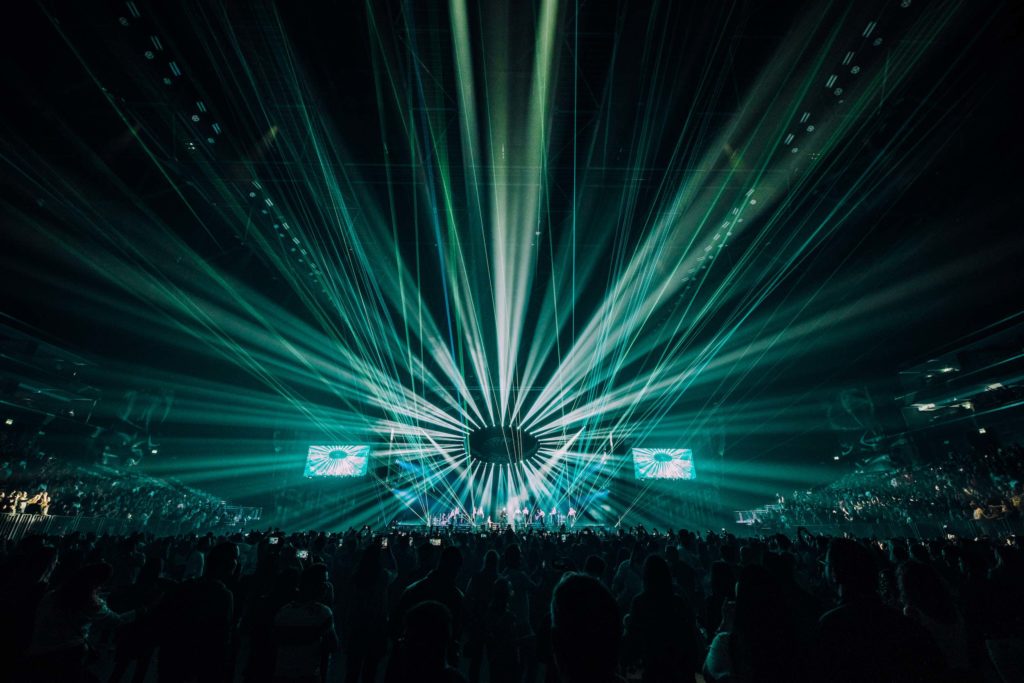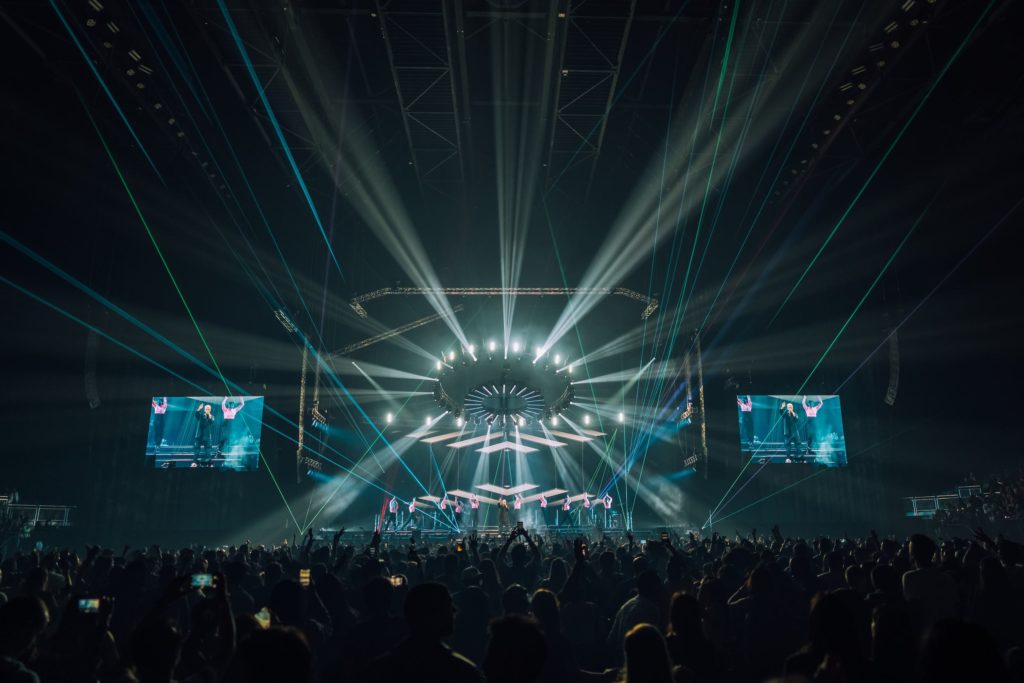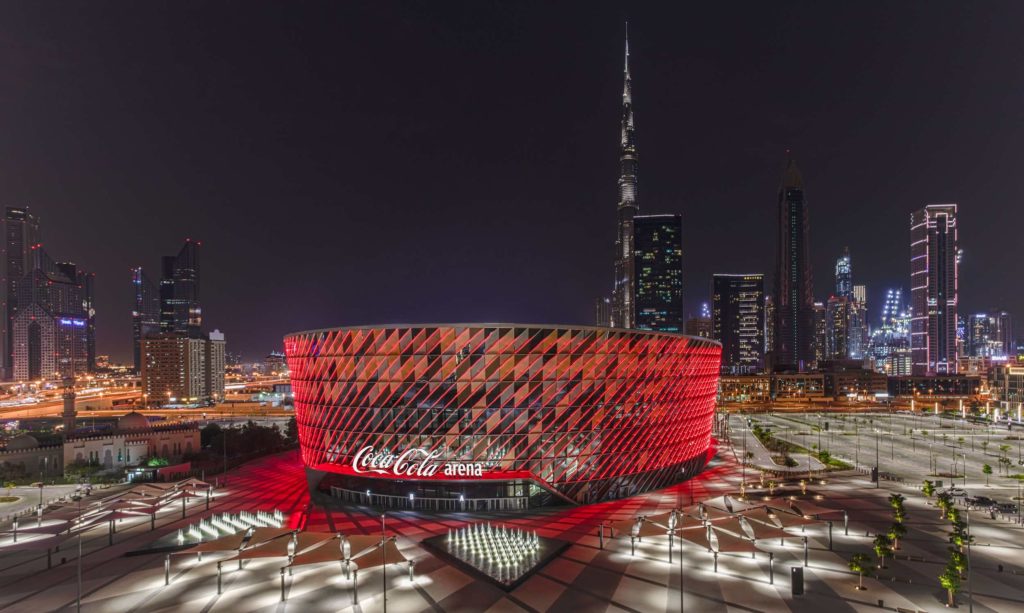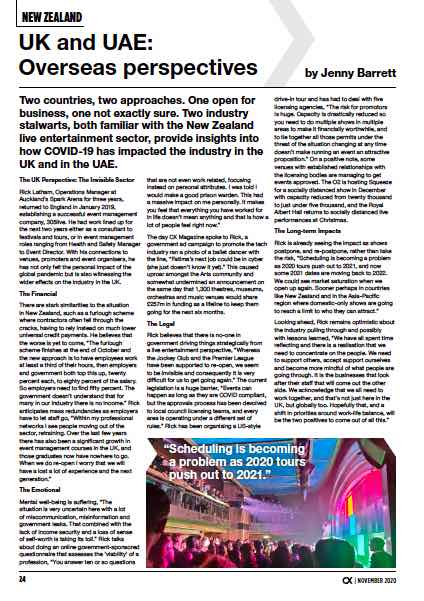New Zealand
20 Nov 2020
UK and UAE: Overseas perspectives
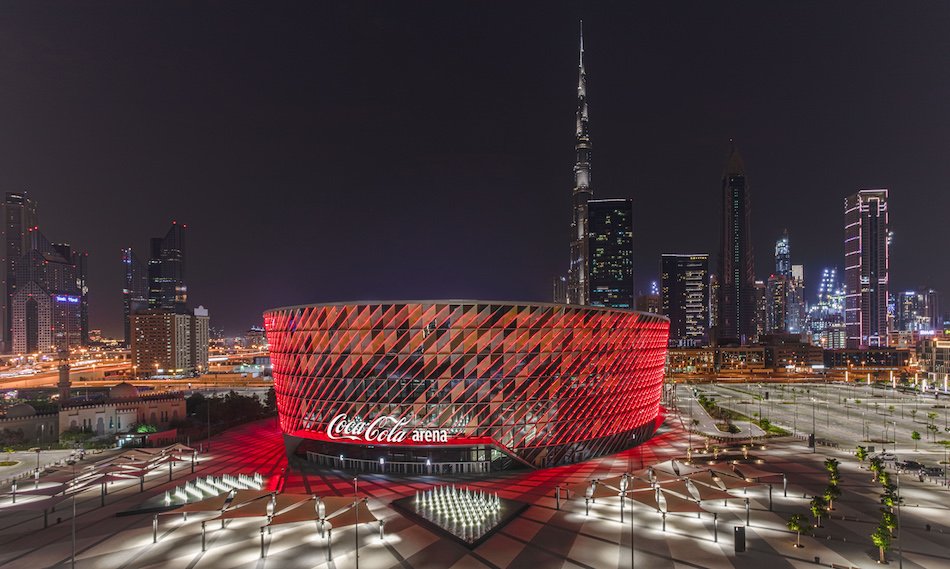
Subscribe to CX E-News
Two countries, two approaches. One open for business, one not exactly sure. Two industry stalwarts, both familiar with the New Zealand live entertainment sector, provide insights into how COVID-19 has impacted the industry in the UK and in the UAE.
The UK Perspective: The Invisible Sector
Rick Latham, Operations Manager at Auckland’s Spark Arena for three years, returned to England in January 2019, establishing a successful event management company, 305live.
He had work lined up for the next two years either as a consultant to festivals and tours, or in event management roles ranging from Health and Safety Manager to Event Director.
With his connections to venues, promoters and event organisers, he has not only felt the personal impact of the global pandemic but is also witnessing the wider effects on the industry in the UK.
The Financial
There are stark similarities to the situation in New Zealand, such as a furlough scheme where contractors often fell through the cracks, having to rely instead on much lower universal credit payments. He believes that the worse is yet to come.
“The furlough scheme finishes at the end of October and the new approach is to have employees work at least a third of their hours, then employers and government both top this up, twenty percent each, to eighty percent of the salary.
“So employers need to find fifty percent. The government doesn’t understand that for many in our industry there is no income.”
Rick anticipates mass redundancies as employers have to let staff go, “Within my professional networks I see people moving out of the sector, retraining.
“Over the last few years there has also been a significant growth in event management courses in the UK, and those graduates now have nowhere to go.
“When we do re-open I worry that we will have a lost a lot of experience and the next generation.”
When we do re-open I worry that we will have a lost a lot of experience and the next generation
The Emotional
Mental well-being is suffering, “The situation is very uncertain here with a lot of miscommunication, misinformation and government leaks. That combined with the lack of income security and a loss of sense of self-worth is taking its toll.”
Rick talks about doing an online government-sponsored questionnaire that assesses the ‘viability’ of a profession, “You answer ten or so questions that are not even work related, focusing instead on personal attributes.
“I was told I would make a good prison warden. This had a massive impact on me personally. It makes you feel that everything you have worked for in life doesn’t mean anything and that is how a lot of people feel right now.”
The day CX Magazine spoke to Rick, a government ad campaign to promote the tech industry ran a photo of a ballet dancer with the line, “Fatima’s next job could be in cyber (she just doesn’t know it yet).”
This caused uproar amongst the Arts community and somewhat undermined an announcement on the same day that 1,300 theatres, museums, orchestras and music venues would share £257m in funding as a lifeline to keep them going for the next six months.
The Legal
Rick believes that there is no-one in government driving things strategically from a live entertainment perspective.
“Whereas the Jockey Club and the Premier League have been supported to re-open, we seem to be invisible and consequently it is very difficult for us to get going again.”
The current legislation is a huge barrier, “Events can happen as long as they are COVID compliant, but the approvals process has been devolved to local council licensing teams, and every area is operating under a different set of rules.”
Rick has been organising a US-style drive-in tour and has had to deal with five licensing agencies.
“The risk for promotors is huge. Capacity is drastically reduced so you need to do multiple shows in multiple areas to make it financially worthwhile, and to tie together all those permits under the threat of the situation changing at any time doesn’t make running an event an attractive proposition.”
On a positive note, some venues with established relationships with the licensing bodies are managing to get events approved.
The O2 is hosting Squeeze for a socially distanced show in December with capacity reduced from twenty thousand to just under five thousand, and the Royal Albert Hall returns to socially distanced live performances at Christmas.
The Long-term Impacts
Rick is already seeing the impact as shows postpone, and re-postpone, rather than take the risk.
“Scheduling is becoming a problem as 2020 tours push out to 2021, and now some 2021 dates are moving back to 2022. We could see market saturation when we open up again.
“Sooner perhaps in countries like New Zealand and in the Asia-Pacific region where domestic-only shows are going to reach a limit to who they can attract.”
Looking ahead, Rick remains optimistic about the industry pulling through and possibly with lessons learned, “We have all spent time reflecting and there is a realisation that we need to concentrate on the people.
Scheduling is becoming a problem as 2020 tours push out to 2021
“We need to support others, accept support ourselves and become more mindful of what people are going through. It is the businesses that look after their staff that will come out the other side.
“We acknowledge that we all need to work together, and that’s not just here in the UK, but globally too. Hopefully that, and a shift in priorities around work-life balance, will be the two positives to come out of all this.”
Dubai, UAE: Green Shoots of Activity
Guy Ngata, CEO of the recently opened Coca-Cola Arena in Dubai and ex-CEO of Eden Park & Vector Arena, is also waiting to re-open but more imminently.
The last arena event was in mid-February, when Maluma visited Coca-Cola Arena as part of his world tour. A country wide lockdown period similar to New Zealand began in March.
Life has slowly returned to normal, all be it with masks worn everywhere outside the home, “We still have COVID-19 in the community and are experiencing a bit of a second wave with about a thousand new cases a day.
“The testing rates are very high here, reaching one hundred thousand tests a day, so the government is doing a very good job with the UAE recently becoming the first country to conduct more tests than its entire population.”

Open for Business…
As a result, Guy is witnessing the first of what he refers to as green shoots of activity, “Tourism is very important, and the government is promoting Dubai as being open for business but mindful of safety.
“There is a testing protocol for people entering the country with a quick turnaround on results and subsequent self-isolation at home if you test positive among other steps.”
This approach is showing results. “We see growing activity in the market and our insights through our Marriott partnership shows consumer activity increasing as we head towards the high season of winter.
“There have been events in the city and ticket sales have been solid for a number of socially distanced shows. For us, sport seems to be our pathway back to opening.
“The broadcasting opportunities mean that there is less of an impact due to limited capacity and we have events lined up for November.”
The live entertainment market in Dubai has always been unique in that it was outside of the traditional global touring routes, and one of the objectives of the Coca-Cola Arena was to address that.
“Now I guess it is a positive because for us one off dates have never been an issue.”
…With a Difference
Going forward, Guy sees definite long term, potentially permanent impacts on the industry, “I think the expectation around hygiene standards, sanitisation and screening will become an ongoing component of our business.”
Part of the ASM Global group including the team in Dubai have been involved in the development of a protocol referred to as VenueShield, “ASM Global want there to be a sense of consistency in place across all our venues.
“Audiences are going to be very sensitive to what we are doing to ensure venues are safe. Social distancing is not viable in live entertainment, so hygiene and screening are key.”
ASM Global has been exploring a number of interesting technologies around sanitising.
“We already have compressed time frames between pack-in and audiences arriving, or in the case of family shows, the turnaround between multiple performances per day.
“We need to find ways of ensuring long term sanitisation of venues and particularly of high-volume contact points. There are some great concepts out there, but they need to be certified fit for purpose.”
From the staff perspective too, there is an obligation to provide a safe workplace, “We are doing a lot of work with hirers and our teams on the ground so that we all have a good understanding of the standards we want to set.”
Guy sees there being knock-on effects in terms of the acts and their crews, “I think there will be limited travel for some time yet.
“We will have a lot more backstage riders relating to hygiene, and tour parties will potentially be scaled down, not only to mitigate costs but to reduce risk.”
Maluma at Dubai’s Coca-Cola Arena mid-February 2020
Guy sees this as a possible benefit to local contractors and on-the-ground networks, “This is an opportunity but there will also be added pressure to meet the standards that will be expected.”
Like Rick, he sees changes in the market ahead, “Initially there will be pressure on ticket pricing to attract the masses but maybe that is an adjustment that needed to happen as they had reached stratospheric levels.
“This will impact promotor relationships with artists and venues, but I think everyone is prepared to work together and take a hit to get things back up and running.
Ultimately, we need fans to want to return, and we need to give them a reason to come back
“Ultimately, we need fans to want to return, and we need to give them a reason to come back.”
Guy is sure this will be balanced by an eagerness in the market to “get back to normal, to go out” and he can see a swift recovery. Similarly to Rick, he also feels that there are positives to take from the crisis.
“My team were already pretty tight but we have worked really hard to keep each other motivated and supported so that the lows haven’t been so low, and to keep everyone on an even keel.
“There has been this extraordinary global connection too, and I can see that continuing, sharing lessons learned and positive practical examples of how we can get through this.”
CX Magazine – November 2020
LIGHTING | AUDIO | VIDEO | STAGING | INTEGRATION
Entertainment technology news and issues for Australia and New Zealand
– in print and free online www.cxnetwork.com.au
© VCS Creative Publishing
Subscribe
Published monthly since 1991, our famous AV industry magazine is free for download or pay for print. Subscribers also receive CX News, our free weekly email with the latest industry news and jobs.


